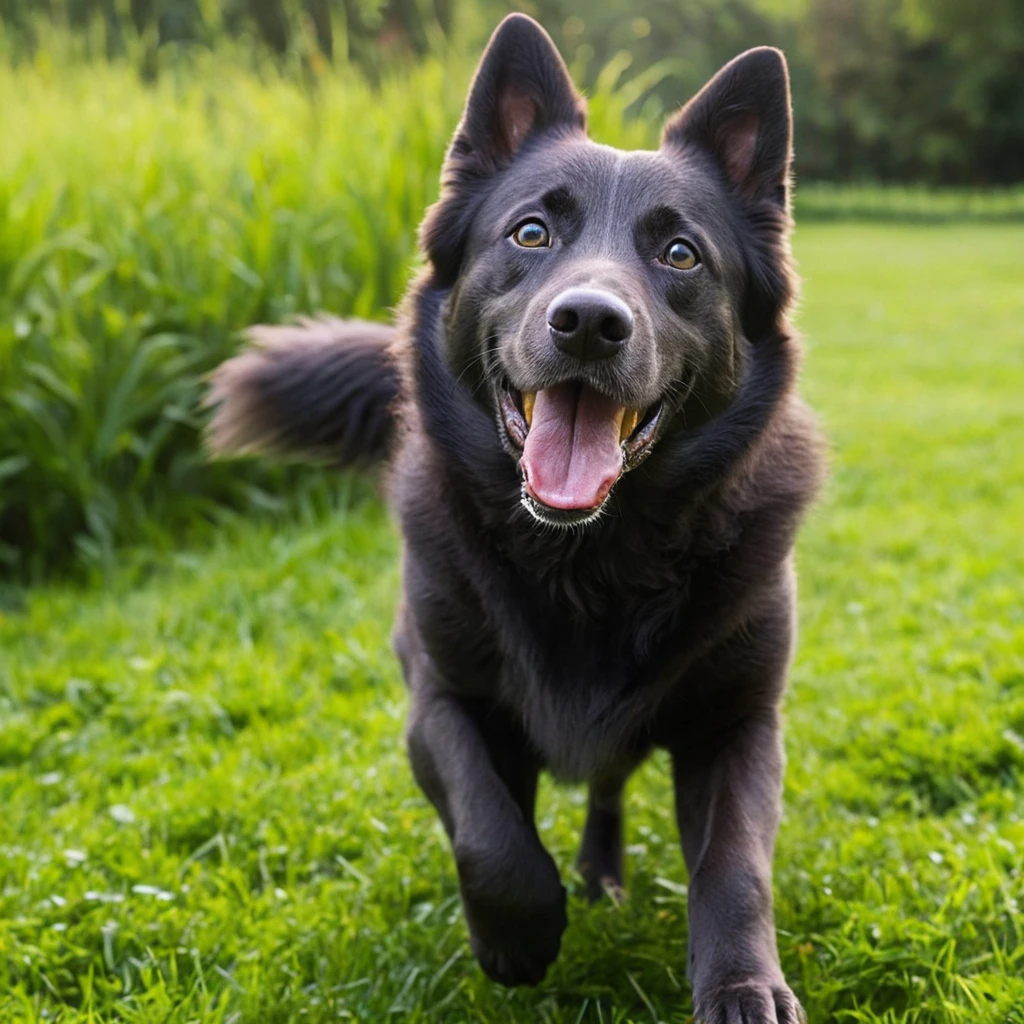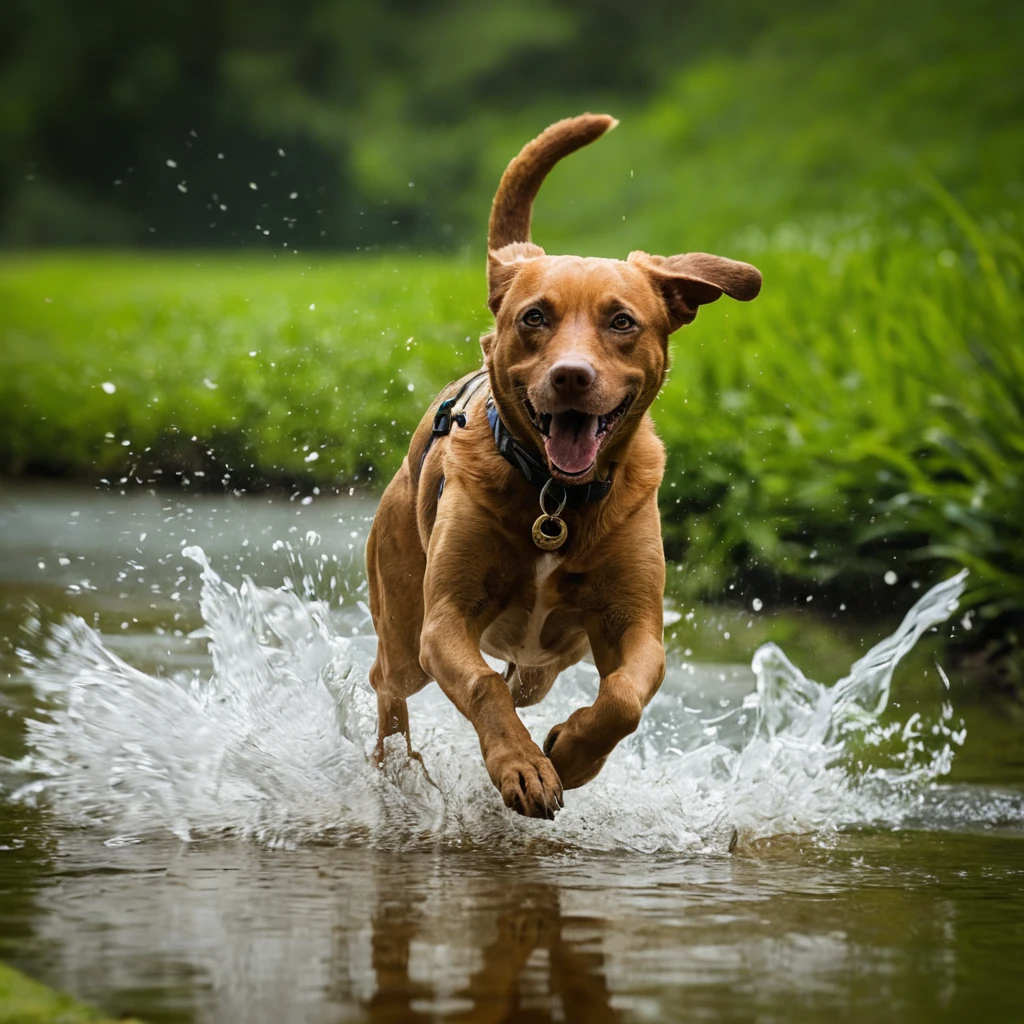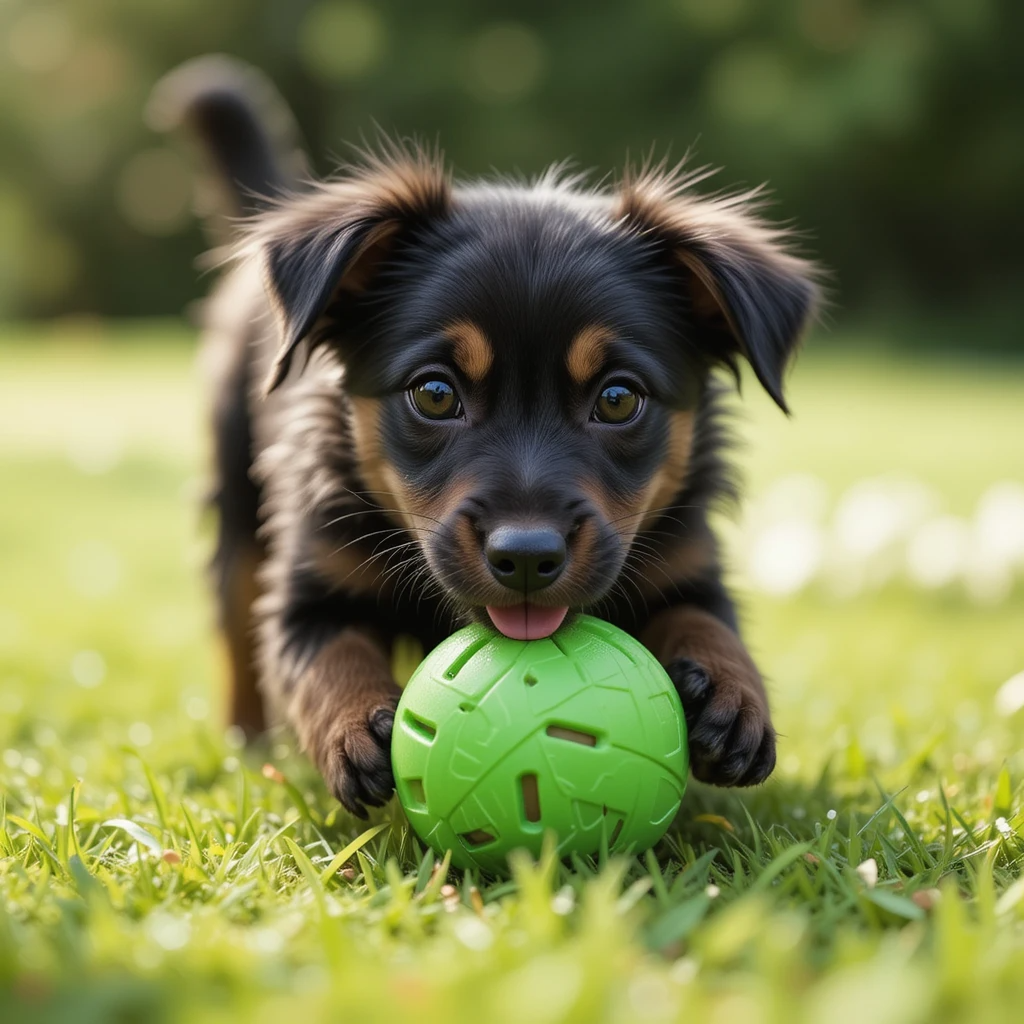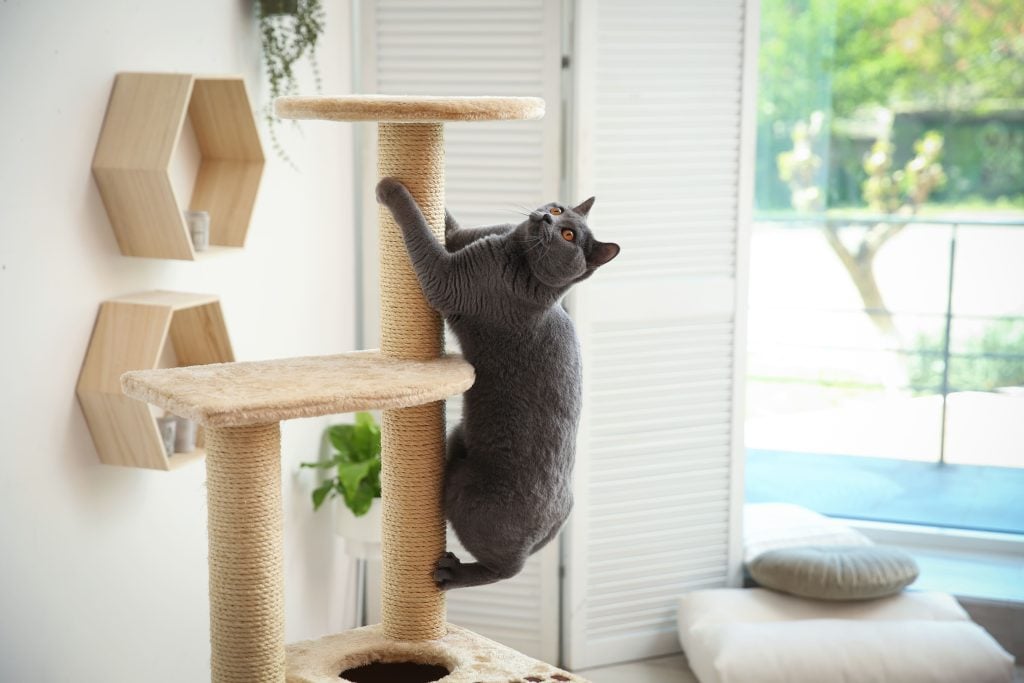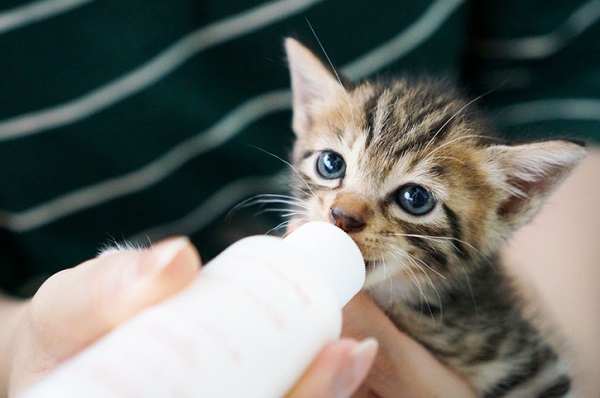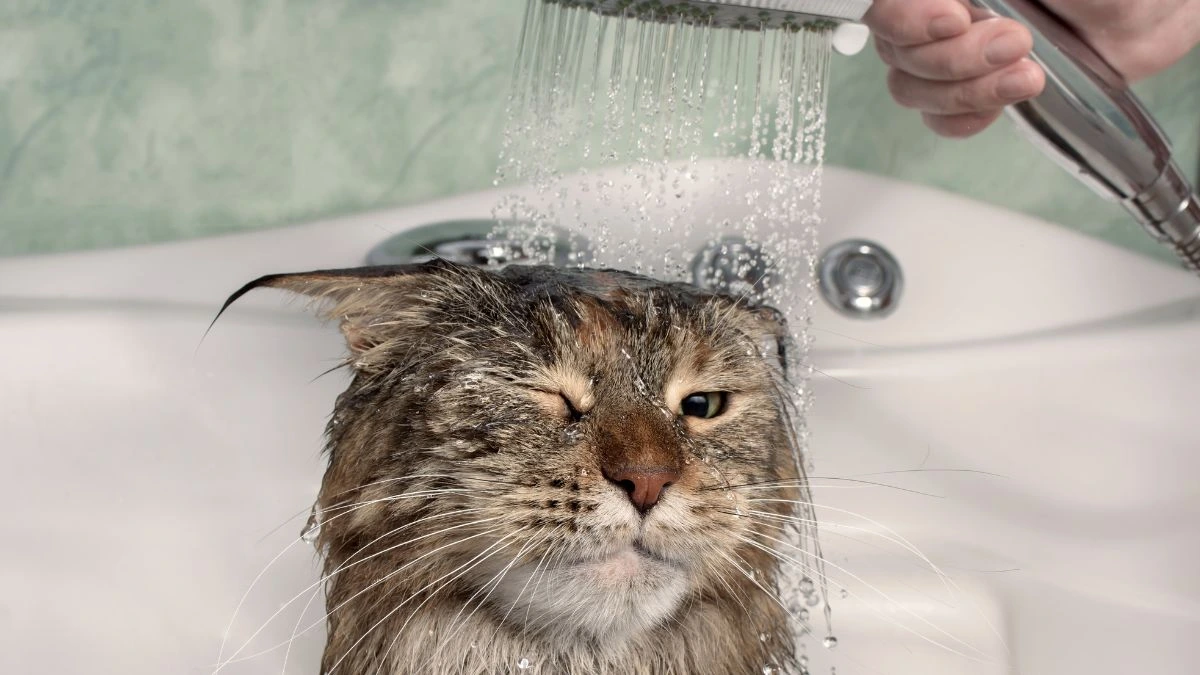Often associated with fancy haircuts and dog shows, the Poodle is one of the most underestimated breeds when it comes to intelligence. Behind those elegant curls lies one of the smartest, most trainable, and affectionate dog breeds in the world.
Whether standard, miniature, or toy, all Poodles share the same keen mind and eagerness to please. In this article, we’ll dive into what makes Poodles so remarkable — not just as companions, but as true canine geniuses.
A Brief History of the Poodle
Despite its strong association with France, the Poodle actually originated in Germany, where it was bred as a water retriever. The name comes from the German word “pudel”, meaning “to splash in water.”
Over time, Poodles became popular in France, especially among nobility, where their intelligence and style were celebrated. Eventually, their fame spread across Europe and the world.
Sizes, But the Same Brainpower
One of the unique aspects of Poodles is that they come in three distinct sizes — but all of them are equally intelligent.
- Standard Poodle: Over 15 inches tall
- Miniature Poodle: Between 10 and 15 inches
- Toy Poodle: 10 inches and under
Regardless of size, Poodles share the same core traits: quick learning ability, emotional awareness, and high adaptability.
Why Are Poodles So Smart?
According to Stanley Coren’s rankings, the Poodle is the 2nd most intelligent dog breed in the world. Here’s why:
- Fast learners: They can learn commands in fewer than five repetitions.
- Excellent memory: They remember routines and even people long-term.
- Emotionally in tune: Poodles are known to respond sensitively to human emotions.
- Problem-solving skills: They can figure out puzzles and learn complex tricks.
These traits make them top performers in obedience competitions and therapy roles.
Appearance and Coat
Poodles have a very distinctive, curly coat that serves more than just looks.
- Hypoallergenic: Poodles are a popular choice for allergy sufferers.
- Low-shedding: Their coat grows continuously and requires regular grooming.
- Customizable cuts: From the classic “continental clip” to practical puppy cuts, grooming styles can vary widely.
Their elegant posture and expressive eyes add to their overall charming presence.
Temperament and Personality
Poodles are more than just good-looking and smart — they are loving, loyal companions.
- Affectionate with family
- Alert and responsive to surroundings
- Playful and energetic
- Can be shy or reserved with strangers
They also tend to bond strongly with one or two people, though they get along well with families.
Training a Poodle
Poodles love to learn, and that makes training both easy and fun. They respond especially well to positive reinforcement techniques.
Training Tips:
- Keep sessions short and engaging
- Use praise, treats, or playtime as rewards
- Teach advanced tricks — they thrive on challenges
- Include mental puzzles or learning toys
Poodles are often used in dog sports, such as agility, obedience, and tracking. They also excel as therapy dogs due to their calm demeanor and intelligence.
Daily Exercise and Mental Stimulation
Poodles need both physical activity and mental challenges to stay happy. Without stimulation, they can become bored and may engage in unwanted behaviors.
- Daily walks and play sessions
- Interactive toys and brain games
- Training new tricks or commands regularly
- Socialization with other dogs and people
The Standard Poodle, in particular, needs more exercise than the Toy or Miniature, but all require some form of daily engagement.
Health and Lifespan
Poodles are generally healthy, but like all breeds, they have some health risks.
Common Health Concerns:
- Hip dysplasia (especially in Standard Poodles)
- Progressive retinal atrophy (PRA)
- Epilepsy
- Addison’s disease
- Dental issues (especially in smaller Poodles)
Lifespan:
- Standard Poodle: 12–15 years
- Miniature and Toy Poodles: 14–18 years
Routine vet care, proper diet, and regular exercise help ensure a long and healthy life.
Are Poodles Good for First-Time Owners?
Absolutely — with the right commitment. Their intelligence means they pick up on training quickly, and their affectionate nature makes them wonderful companions. However, grooming needs and mental stimulation requirements are important to consider.
Ideal for:
- Families
- Singles
- Elderly owners
- Therapy and service dog seekers
Poodles adapt well to various lifestyles as long as their emotional and mental needs are met.
Myths About Poodles
- Myth: Poodles are snobby or high-maintenance
- Truth: They are down-to-earth, playful, and love to have fun. Grooming takes effort, but their personality is far from “snobby.”
- Myth: They’re too delicate
- Truth: Standard Poodles are athletic and strong. Even Toy Poodles can be surprisingly resilient.
- Myth: They’re just show dogs
- Truth: Poodles were originally working dogs and still have strong instincts and trainability.
Final Thoughts: More Than Just a Pretty Face
The Poodle is proof that beauty and brains can go hand-in-hand. They are smart, loving, energetic, and full of personality. Whether you’re looking for a competitive agility partner or a loyal friend who will stick by your side, the Poodle delivers.
With the right environment and care, owning a Poodle can be one of the most fulfilling experiences — combining elegance, affection, and high-level intelligence in one amazing dog.


